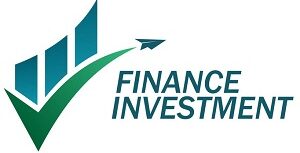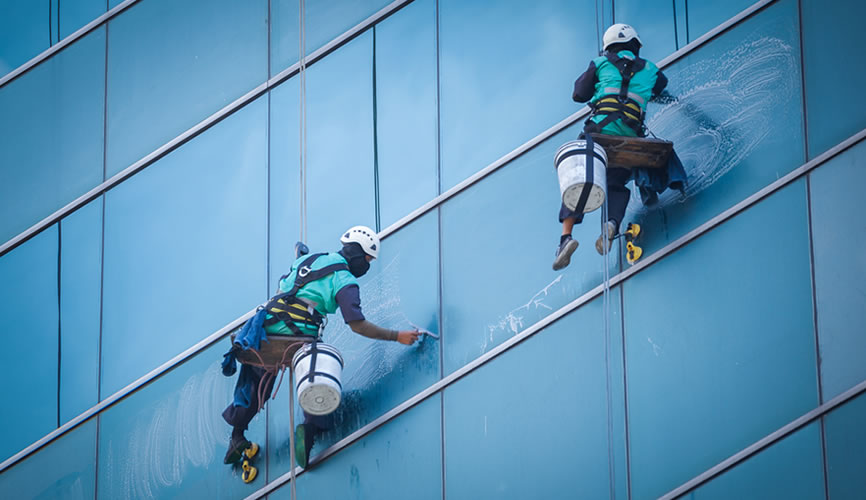A building’s front serves as its initial impression in the fields of architecture and urban design, expressing its personality and appeal. Its beauty and structural integrity, however, can be compromised by environmental causes, negligence, and the passage of time. To restore and preserve architectural treasures, this article explores the field of facade cleaning and consulting and reveals all of its many advantages.
Recognising Face Cleaning:
Building facade cleaning refers to all the outdoor components of the building such as dirt, bins, smoke, and botanical impurities removal, and plays an immense role in building restoration. A structure, small or huge, in the bin, goes a long way to both conserve its life and enliven its appearance.
Improving Curb Appeal and Looks:
Restoring a structure to its former splendour is the most noticeable and immediate result of facade cleaning. A facade that is unappealing and dreary due to layers of accumulated filth and pollution can hide architectural elements. The structure regains its vibrancy and attracts admiration from onlookers by carefully washing its outside surfaces. Urban environments are revitalized by a clean facade since it improves the overall aesthetic appeal of the surrounding area.
Maintaining The Integrity of Structures:
Building structural integrity is largely preserved by facade cleaning, which goes beyond aesthetics. Surface degradation and possible damage can occur as a result of pollution, mould, and algae corroding surfaces over time. To protect the underlying materials from deterioration and decay, regular cleaning not only gets rid of these dangerous substances but also stops them from coming back. Long-term structural problems and expensive repairs are reduced for property owners who keep their facades clean. A vital part of environmental stewardship, facade cleaning is more than just a decorative project.
Ensuring Compliance and Safety:
Cleaning the facade is essential for maintaining safety and regulatory compliance, in addition to aesthetic and environmental concerns. Dwellings and pedestrians may be put in danger when biological development and dirt accumulation cause slick surfaces over time. Property owners perform their responsibility to maintain a clean facade, which makes the area safe for all parties involved. Further, to prevent fines and legal ramifications, adherence to construction codes and sanitation requirements is essential.
Consultancy Services is Somehow Essential:
A facade consultancy may be used to develop facades that will last long and perform well over time. While a facade cleaner will take care of the building’s short-term maintenance chores. The competence and capacity of facade consultants lie in durability, energy efficiency, and occupant comfort. Therefore, they perform the evaluation, analyze, and optimize the performance of building envelopes.
Overall Assessment and Prognosis:
First, a detailed survey of the building envelope is carried out through elements like the kinds of materials used, way of construction, local climate, and standards required to be in accord with performance. Consultants target the areas where they wish to inject development and problematic as well as weak areas amongst the numerous ones through the painstaking practice of examination and diagnosis. Having the full knowledge of the building’s attributes and defects, the experts will develop a customized plan that can be executed by them and be able to solve the complexities that arise in the building in a targeted way.
Enhancing Energy Performance:
Sustainable development and increased energy efficiency are two of facade consulting main goals. Controlling interior temperatures, daylighting, and energy usage is largely dependent on building facades. Façade experts may reduce heat loss, solar gain, and the need for mechanical heating and cooling systems by putting modern design techniques like thermal insulation, solar shading, and high-performance glass into practice. In line with sustainability objectives and legal requirements, these energy-saving techniques not only save operating expenses but also help buildings minimize their carbon impact.
Increasing the Quality of the Indoor Environment:
Facade consultancy also focuses on enhancing occupants’ interior environmental quality (IEQ) in addition to energy efficiency. An interior space that is both comfortable and healthful must-have elements like daylighting, acoustic insulation, and natural ventilation. Heat discomfort, glare, and noise pollution are some of the problems that façade consultants mitigate when optimizing IEQ parameters. These tactics include facade retrofits, air infiltration testing, and daylight modelling. These interventions make buildings more generally livable and useful by putting occupant productivity and well-being first.
Improving Robustness and Adaptability:
Providing long-term durability and resilience to building envelopes, facade consultancy addresses fundamental problems rather than just providing temporary solutions. Consultants detect weak points and possible causes of deterioration by analyzing variables such as moisture intrusion, thermal expansion, and material degradation. Facade experts reduce hazards and extend the service life of facades, minimizing interruptions from unplanned breakdowns and lowering lifecycle costs through proactive maintenance programs, material upgrades, and waterproofing solutions.
Keeping Architectural Heritage Safe:
The architectural legacy is richly embodied by historic structures, which are priceless cultural treasures. Nonetheless, age, neglect, and environmental variables frequently present particular difficulties for them. Restoring original characteristics, preventing degradation, and preserving authenticity are the goals of facade conservation, which attempts to protect these priceless assets for future generations.
Gentle Cleaning Methods: It’s critical to maintain original materials and finishes while working with historic facades. Superficial soiling and biological development are eliminated with minimal harm to fragile substrates by using mild cleaning techniques like poultice and laser cleaning.
Material Restoration and Repairs: To maintain structural integrity and visual coherence, facade conservation entails the careful restoration and repairs of degraded or damaged materials. Expert artisans integrate repairs into the building’s original structure with ease by using conventional methods and complementary materials.
Preservative Coatings and Treatments: Preservative coatings and treatments are used to increase weather resistance and deter contaminants, so protecting historic facades from future harm. To extend the life of historic materials and lessen the need for costly repairs down the road, these interventions are implemented proactively.
Property owners may contribute to the cultural vitality and distinctiveness of their communities while also preserving the inherent worth of historic buildings by funding facade conservation.
Conclusion:
Façade cleaning and consulting became essential procedures for maintaining, improving, and future-proofing building facades in the quest for architectural excellence and sustainability. These services have several uses that appeal to communities, property owners, and tenants in equal measure. They may repair visual brilliance and maximize resilience and performance. Stakeholders ensure a more dynamic, resilient, and sustainable built environment for future generations by allocating resources towards the upkeep and conservation of building exteriors.










